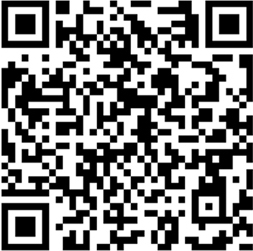Evaluating the impact of electronic communications in today’s workplace. Generally, electronic communications includes e-mail, text messaging, and the use of the Internet, each of which are important and efficient business tools that clearly improve productivity yet at the same time post inherent risks when utilized improperly, according to Brown.
Employers have already been held liable for copyright infringement when an employee downloaded copyrighted material from the Internet; for racial discrimination when employees circulated offensive e-mails; and for sexual harassment when employees posted salty comments on an electronic bulletin board. Some cases of employee misconduct have led to claims of retaliation, defamation, misappropriation of trade secrets, computer hacking, evidence tampering, and securities laws violations.
The main areas of concern for potential employer liability lie in spreading viruses, confidentiality, copyright infringement, defamation, evidence and disclosure, discrimination and sexual harassment, and pornography. Any discussions contained in documents or messages relating to these categories, for example, can be used in court proceedings in the same way that letters, faxes, recorded conversations, and memos are used.
Talent Spot suggests there are certain steps employers can take to minimized their risk of liability for employees’ misguided actions. First and foremost, they should develop, implement, and enforce a written, company-wide e-mail and Internet use policy. Be sure the policy includes specific restrictions relations to message content, prohibiting those that are defamatory, obscene, profane, or offensive, and that contain copyrighted material, company trade secrets, and confidential information. In addition, include provisions for e-mail retention and system security, particularly password protection and security measures like encryption when sending sensitive documents.
















